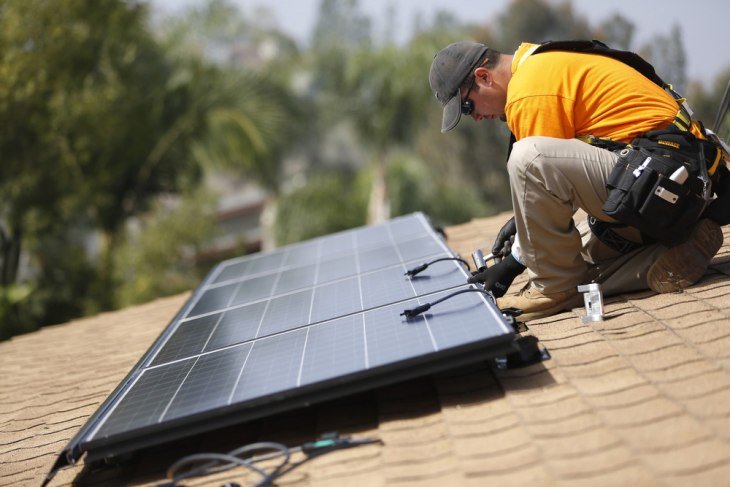 A county
no bigger than Lowndes County has
agendas and minutes online for
its Board of Commissioners, Board of Health, Local Emergency Planning Committee,
Board of Adjustment,
Board of Elections,
Social Services Board,
and yes, its Planning Board.
Why can Nash County, NC afford this yet Lowndes County Chairman Bill Slaughter
says Lowndes County can’t afford to put agendas and minutes online for
the Greater Lowndes Planning Commission?
A county
no bigger than Lowndes County has
agendas and minutes online for
its Board of Commissioners, Board of Health, Local Emergency Planning Committee,
Board of Adjustment,
Board of Elections,
Social Services Board,
and yes, its Planning Board.
Why can Nash County, NC afford this yet Lowndes County Chairman Bill Slaughter
says Lowndes County can’t afford to put agendas and minutes online for
the Greater Lowndes Planning Commission?
 And if a county can require a solar farm to follow stormwater management
and numerous other regulations, why can’t a county require a natural
gas pipeline to follow local regulations?
It can, if its elected officials actually stand up for their citizens.
And why can Nash County, quite a bit north of Lowndes County,
install solar farm after solar farm while there are none in Lowndes County?
And if a county can require a solar farm to follow stormwater management
and numerous other regulations, why can’t a county require a natural
gas pipeline to follow local regulations?
It can, if its elected officials actually stand up for their citizens.
And why can Nash County, quite a bit north of Lowndes County,
install solar farm after solar farm while there are none in Lowndes County?
The Nash County online documents also include the details of what the
various boards were considering, such as in the
Agenda and Minutes of the Nash County Planning Board 21 October 2013,
which include this item:

-
Conditional Use Permit Request CU-130901 (Previously Tabled Item).
Made by Chris Killenberg With Community Energy Solar on Behalf of Castalia Solar LLC to
Develop a Solar Farm on an Approximately 22.91 Acre Portion of Two Tracts Located on
the West Side of N NC Highway 58 and South of NC Highway 56 in the A1 Agricultural
Zoning District.
And not just the agenda item, also
extended discussion in the meeting, including: Continue reading →
Considering the vast profits Florida Power and Light and Sabal Trail stand to make from the use of our land, I know they can do a lot better than hotel stays, Big Macs, and temporary jobs. Mr. Fahrenthold claimed the pipeline would be economically beneficial because it will supposedly bring in $460 million in property taxes over the next sixty years.
First I’d like to know if an independent agency came up with that projection, or if Continue reading











